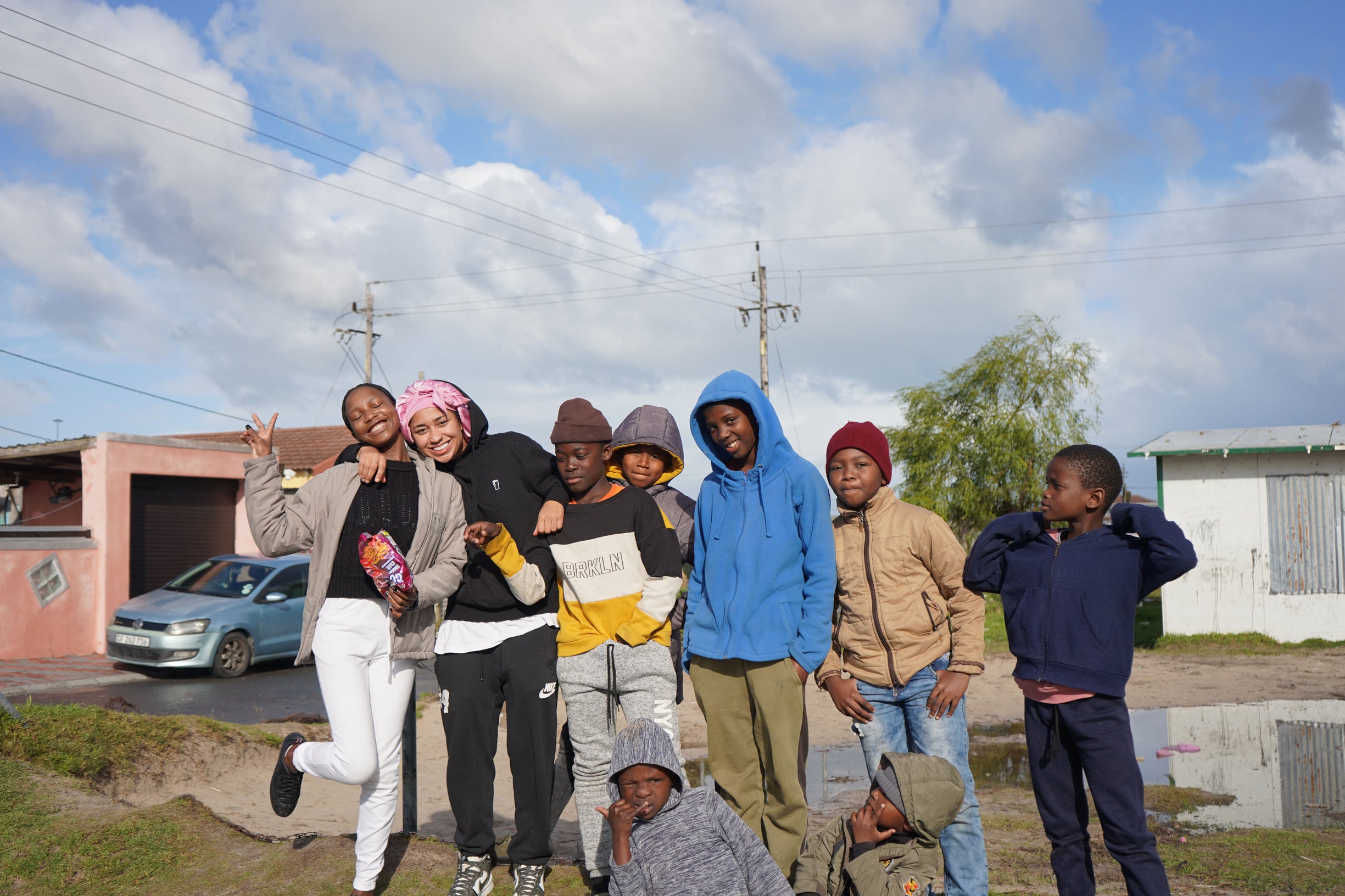The following Rice Anthropology PhD students have been awarded the Expanding Horizons Scholarship for 2024-2025 from The Rice University Office of Graduate and Postdoctoral Studies (GPS). Generously funded by Rice alumnus Dr. Walter Loewenstern, the Expanding Horizons Fellowship provides students the opportunity to conduct research-related future travel that will benefit the local communities connected to their research while expanding the student's knowledge and experience.
Zahid Ali
Zahid Ali will be traveling to Thar Desert Pakistan to conduct seven weeks long fieldwork. He will visit villages in the desert which are surrounded by coal mines and cola power plants to interview Indigenous people and to identify their perspectives on the coal projects that impact their way of life and ecology. He will specifically follow the wastewater released from coal mines and coal power plants and observe how the contaminated water is degrading the desert environment. Overall, Ali’s goal is to understand the central tensions derived from transnational fossil-fuel mining and electricity generation, detail the role of geological surveys and the knowledge produced by engineers and bureaucrats in these infrastructural projects, and document how desert communities reflect on these projects.
Zara Bakshi
Bakshi’s research explores the infrastructure of care provided through humanitarian and development policies in Kashmir. She studies the complex dynamics of mental health care and the experiences of care seekers. She is keen on exploring the social worlds that emerge within and outside institutional frameworks.
Samantha Henry
Henry’s research examines how residential segregation impacts maternal health in the U.S. and South Africa. Thinking spatially, this project incorporates multimodal scholarship such as ethnography, film, and collaborative research to critically examine living environments as a site of intervention concerning maternal health inequities.
Mostafa Lotfy
Lotfy will study the energy transition in Morocco. He mainly focuses on the potential of green hydrogen to accelerate post-petroleum futures while examining the risk of transforming Morocco into a sacrifice zone for ensuring global environmental remediation. The goal is to engage critically with the different processes that shape climate mitigation projects in the Global South.
Graduate Students Receive Expanding Horizons Scholarship

